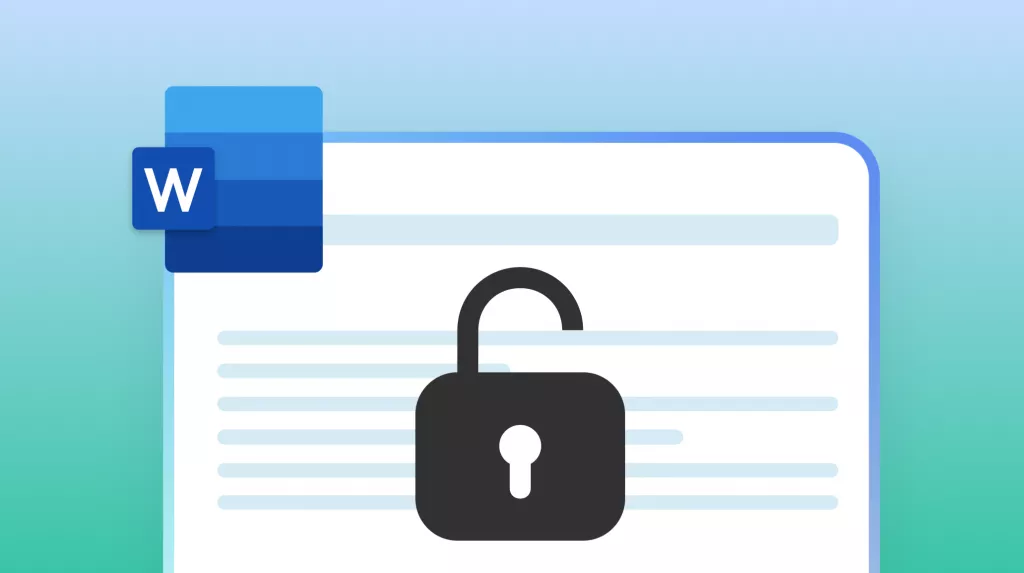Working with large Word files can be quite a hassle, especially when extracting specific pages. Often, people want to extract pages from Word rather than print the entire file. This is particularly useful when you have tables or other content to share selectively with different individuals.
Fortunately, several reliable methods are available for extracting desired pages from a large Word file. One such method involves using UPDF, which streamlines the extraction process and keeps the format. You can download the UPDF via the below button and follow the steps of Part 3 to extract pages directly. This guide will take you through the whole process and give you the details you need to know, so keep reading until the end.
Windows • macOS • iOS • Android 100% secure
Part 1. User Scenarios of Extracting Pages from Word
Information Sharing
Sending your friends or colleagues a bulky Word document is futile when you only need them to focus on a specific page or pages. Instead, you can extract pages from Word that you need and leave the rest, which makes it quicker to send the document over the internet and allows the recipient to handle it easily.
Creating Manageable Documents
Extraction also comes in handy when you want to create more manageable and smaller documents out of a large Word file. For instance, a book written in MS Word with multiple chapters can be stored in small chunks that can be easily managed.
Reducing Size
It is evident that large World files would take up significant space on your devices and sometimes could become unmanageable. Instead of dealing with the mess, you can extract pages from Word, making the document much more manageable and lighter for your device.
Ensuring Security
Sometimes, the Word document is sensitive, and you don't want others to access everything. Instead, you can share the safe pages by extracting them to keep the document privacy intact.
Creating Presentations
It is important to focus on concise and relevant information when preparing presentations. Extracting specific content, like tables, graphs, statistics, etc., from a large Word file can make it easier to find the necessary information quickly.
By extracting the relevant elements, you can efficiently incorporate them into your presentations. It allows you to deliver a more targeted and impactful presentation while saving you time and energy.
Part 2. Common Ways to Extract Pages from Word
Here’re a few common ways to extract pages from Word.
#1 Copy & Paste
It is the simplest method to extract pages from Word, which can be performed with the following steps:
- Select the page content and copy it by pressing Ctrl + C.
- Click File to select New and press Ctrl & V simultaneously to paste the copied content into this new file.
- You can paste the copied items into other programs, such as Wordpad and Google Docs.
However, this method might introduce sizing & spacing inconsistencies.
#2 GROUPDOCS
GROUPDOCS is an online tool that lets you quickly extract pages from Word files. It is a popular and reliable software that works without plugins or installations. Here's a step-by-step guide to extracting pages from Word using GROUPDOCS:
- Click Browse File and select the Word document for page extraction.
- Identify the exact page numbers and click the Extract Now option.
- Click the Download Now after your document has been processed.
- Click the Email button to send the download link directly to your email address.
This method also features some limitations, for example, the resulting file size could be larger than expected. Besides, it doesn't offer much in terms of customization.
Part 3. A Free Way to Extract Pages from Large Word Files without Losing Formatting
The page extraction methods described above are helpful to an extent, but you cannot expect too much from them, given their apparent limitations. One of their most significant drawbacks is that you often lose the original format of your file, and rectifying it can be a headache. Therefore, an alternative in the form of UPDF becomes imperative to fix the gap left by other methods and provide a smooth extraction experience without compromising quality.
Windows • macOS • iOS • Android 100% secure
Follow the steps below by using UPDF.
- Open UPDF on your computer and click "Tools" to find "Other". Select "PDF from Word" to open the word file in UPDF. Now, click Organize Pages on the left side of the screen.
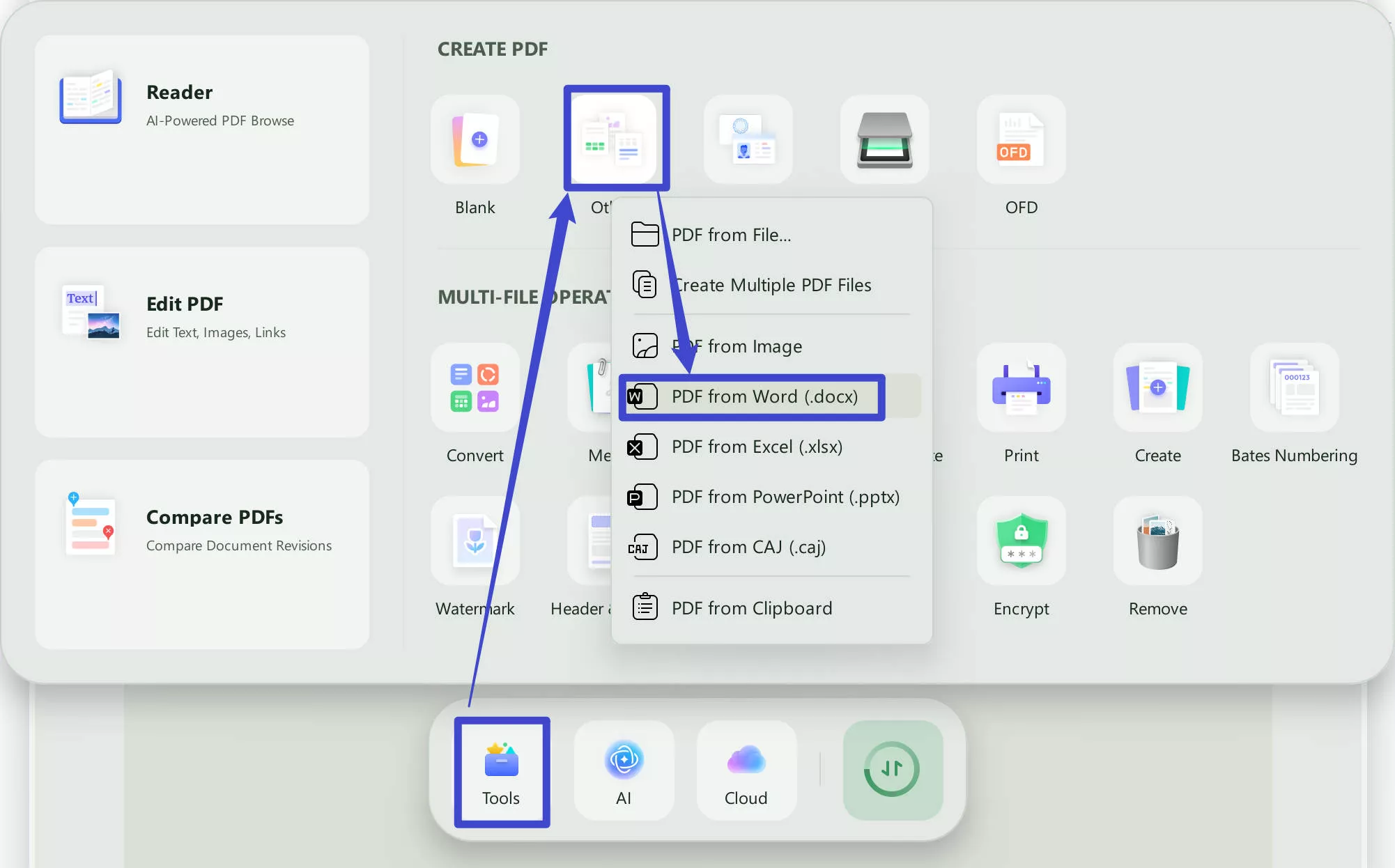
- All your PDF pages will appear organized now, where you can select the ones you want to extract. Or, click "Select Pages" on the top left corner to choose odd, even, landscape, portrait, or all pages.
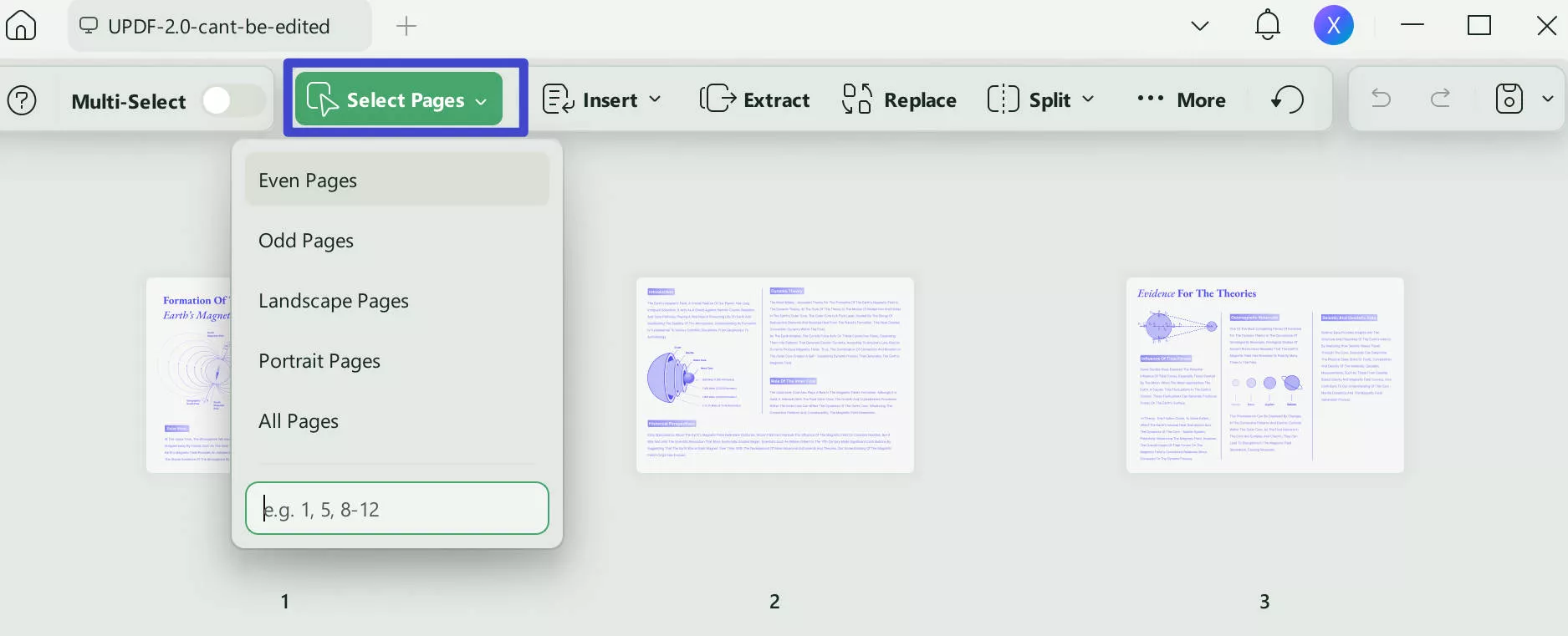
- Once you have selected the desired pages, click "Extract" at the top of the screen and pick a suitable location to save the extracted pages. UPDF also gives you the option to name pages before saving them.
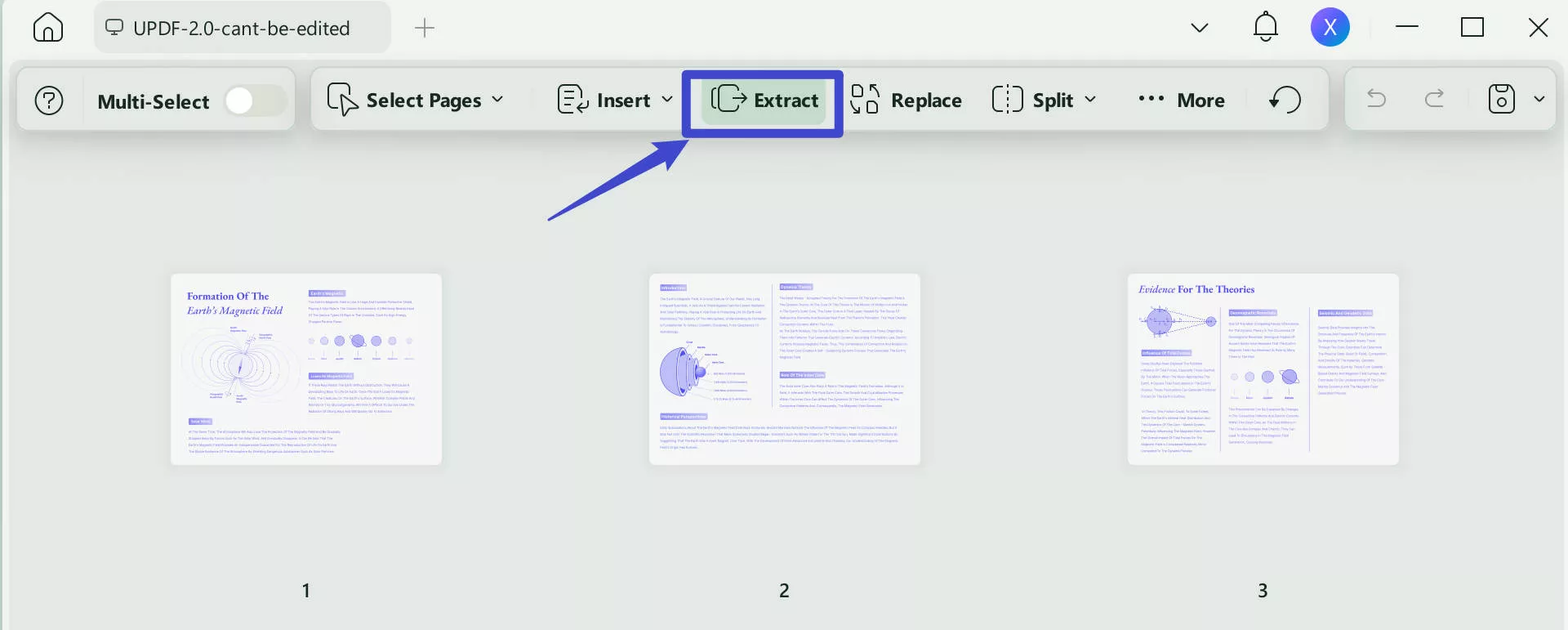
Here are some reasons to choose UPDF as your go-to tool to extract pages from Word.
- Works perfectly across different platforms, such as iOS, Android, macOS, and Windows.
- Lets you choose a specific or multiple page(s) to extract freely.
- You can also split, replace, or crop pages while extraction.
- What's more, UPDF also let you edit PDFs professionally by adding text, images, links, pages, and other relevant elements.
UPDF does not only have the features mentioned here. There are many other features, you can click the below button to get the free trail version and test all features, or you can read this UPDF review article from Laptopmedia to know more about it.
Windows • macOS • iOS • Android 100% secure
Conclusion
Extracting relevant pages from large MS Word files isn't that hard once you know how to do it. With the right tools, such as UPDF, your work becomes much easier without losing quality. UPDF is used by thousands on all popular platforms, and the results speak for themselves.
You can try other methods, but UPDF is the user's top pick. So, download it today and start managing your large Word files more efficiently.
 UPDF
UPDF
 UPDF for Windows
UPDF for Windows UPDF for Mac
UPDF for Mac UPDF for iPhone/iPad
UPDF for iPhone/iPad UPDF for Android
UPDF for Android UPDF AI Online
UPDF AI Online UPDF Sign
UPDF Sign Edit PDF
Edit PDF Annotate PDF
Annotate PDF Create PDF
Create PDF PDF Form
PDF Form Edit links
Edit links Convert PDF
Convert PDF OCR
OCR PDF to Word
PDF to Word PDF to Image
PDF to Image PDF to Excel
PDF to Excel Organize PDF
Organize PDF Merge PDF
Merge PDF Split PDF
Split PDF Crop PDF
Crop PDF Rotate PDF
Rotate PDF Protect PDF
Protect PDF Sign PDF
Sign PDF Redact PDF
Redact PDF Sanitize PDF
Sanitize PDF Remove Security
Remove Security Read PDF
Read PDF UPDF Cloud
UPDF Cloud Compress PDF
Compress PDF Print PDF
Print PDF Batch Process
Batch Process About UPDF AI
About UPDF AI UPDF AI Solutions
UPDF AI Solutions AI User Guide
AI User Guide FAQ about UPDF AI
FAQ about UPDF AI Summarize PDF
Summarize PDF Translate PDF
Translate PDF Chat with PDF
Chat with PDF Chat with AI
Chat with AI Chat with image
Chat with image PDF to Mind Map
PDF to Mind Map Explain PDF
Explain PDF Scholar Research
Scholar Research Paper Search
Paper Search AI Proofreader
AI Proofreader AI Writer
AI Writer AI Homework Helper
AI Homework Helper AI Quiz Generator
AI Quiz Generator AI Math Solver
AI Math Solver PDF to Word
PDF to Word PDF to Excel
PDF to Excel PDF to PowerPoint
PDF to PowerPoint User Guide
User Guide UPDF Tricks
UPDF Tricks FAQs
FAQs UPDF Reviews
UPDF Reviews Download Center
Download Center Blog
Blog Newsroom
Newsroom Tech Spec
Tech Spec Updates
Updates UPDF vs. Adobe Acrobat
UPDF vs. Adobe Acrobat UPDF vs. Foxit
UPDF vs. Foxit UPDF vs. PDF Expert
UPDF vs. PDF Expert


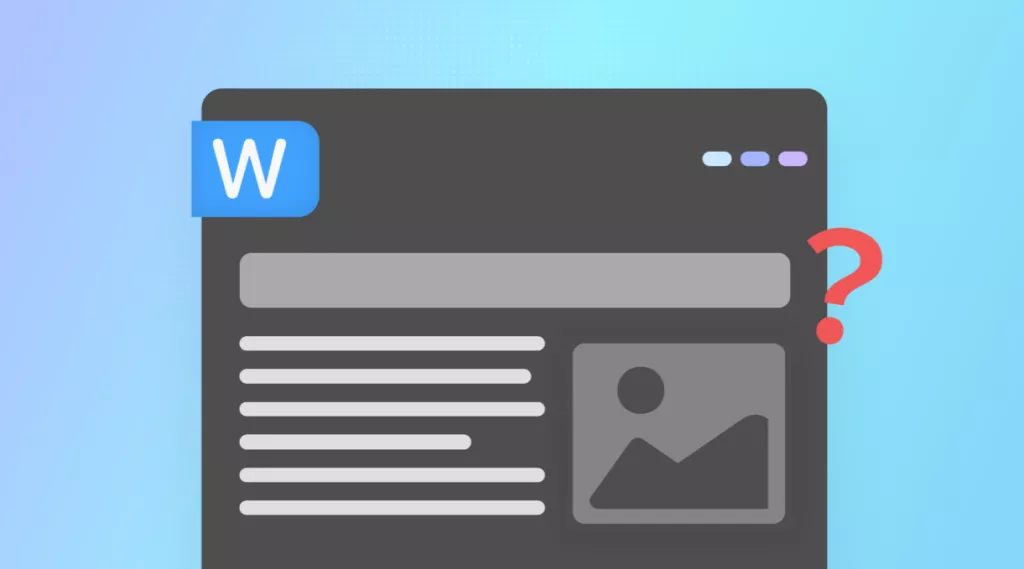

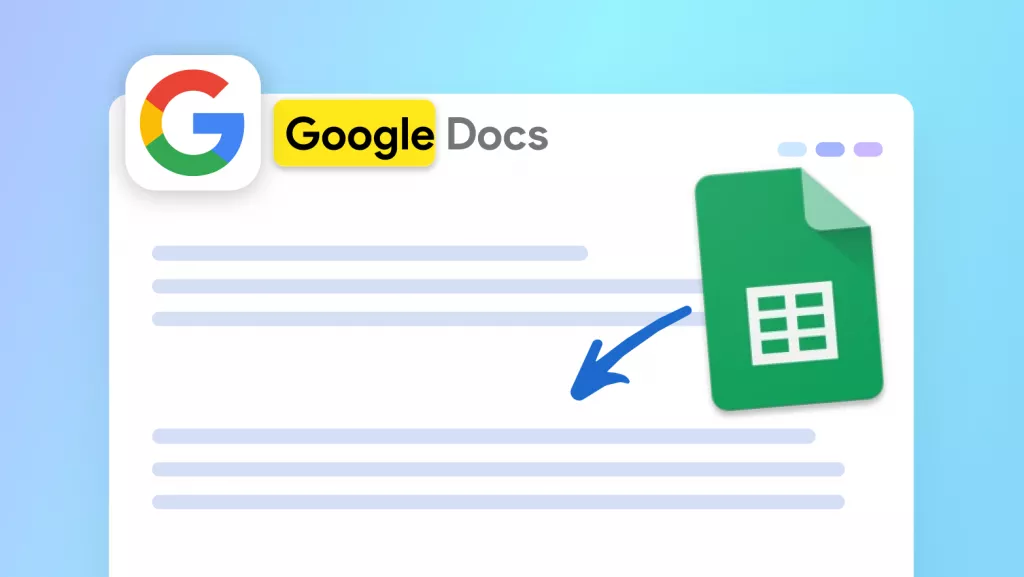
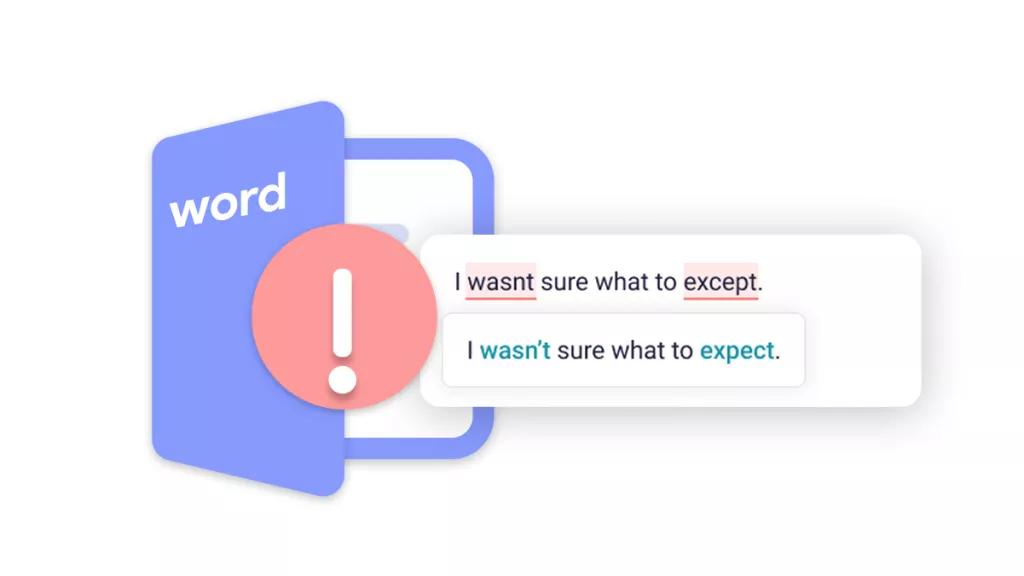


 Enola Miller
Enola Miller 
 Lizzy Lozano
Lizzy Lozano 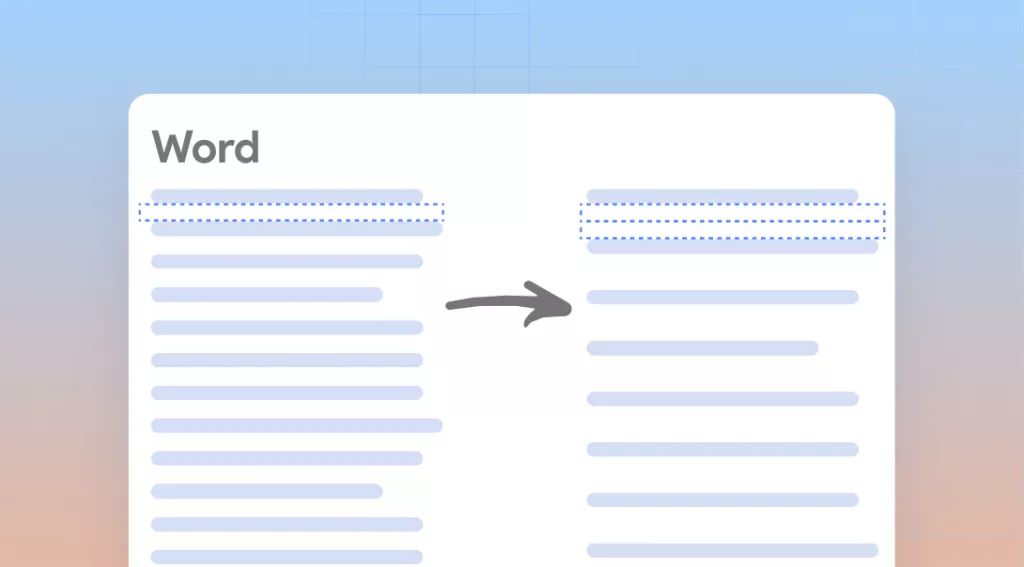
 Enola Davis
Enola Davis 